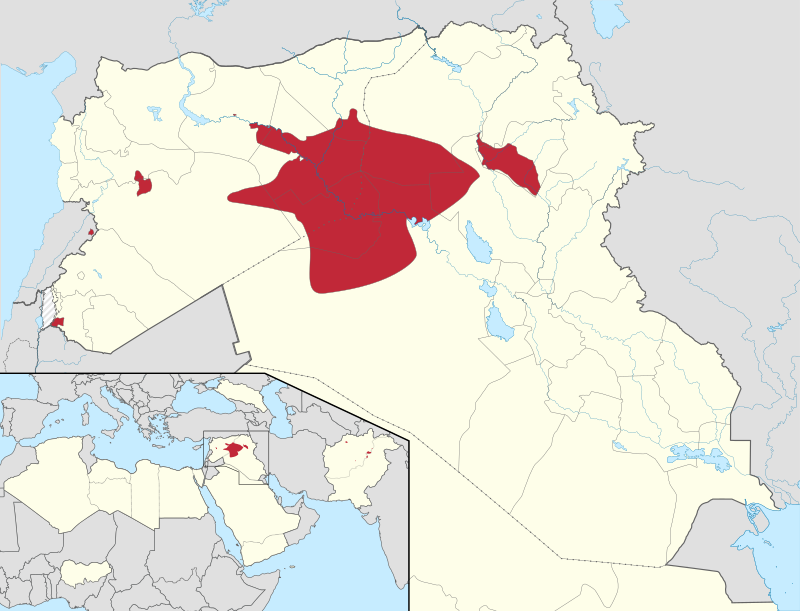 First things first, I'm glad that Brooks Newmark MP - Conservative Member of Parliament for Braintree - has resigned as Minister for Civil Society. Having stated that, as the minister responsible for charities, his plan was to 'keep... [them] out of the realms of politics' and that they 'should just stick to their knitting', there was absolutely no question that this man was unfit for office.
First things first, I'm glad that Brooks Newmark MP - Conservative Member of Parliament for Braintree - has resigned as Minister for Civil Society. Having stated that, as the minister responsible for charities, his plan was to 'keep... [them] out of the realms of politics' and that they 'should just stick to their knitting', there was absolutely no question that this man was unfit for office. Bad enough that the Tories have already steered their charity censoring 'Gagging Bill' through Parliament, with the Bill - ostensibly aimed at lobbying organisations but in fact doing very little to contain the worst offenders - now an Act of Parliament (incidentally, there is another Bill before Parliament aimed at repealing this repulsive law - please consider writing to your MP to vote for it). Newmark's comments, in the wake of this outrage, merely drove home the contempt in which the Tory elite hold the populace, and the charitable organisations who are among the few groups with any power acting on their behalf. Yes, Newmark had to go.
But not like this.
The idiocy of the man in falling for the oldest trick in the book - random sexy stranger sends alluring photos and flirts; because THAT'S likely to happen to a 56-year-old Tory MP - is without question. And, frankly, I quite enjoy the panic that losing an MP and a Minister on the same day must have inflicted on the Tory high command. But, in the end, isn't it his business? Why are we in a situation whereby the most appalling comments about the organisations with which it is part of a minister's job to liaise are not grounds for resignation, but a little ill-advised cyber-flirtation with another human being is?
It is, then, a matter of the public's own warped sense of morality - one which years of neoliberalism has stripped of most positive qualities, but which still holds on to good old-fashioned social conservatism - which has allowed this curious and, honestly, disappointing dichotomy to arise. But more than that, it is a matter of journalistic integrity. Or rather, of the complete lack of journalistic integrity shown by one Alex Wickham.
 Wickham writes for Paul Staines' Guido Fawkes blog, as well as doing freelance work for other newspapers. His use of the photographs of two young women (which were, I might add, obtained and then widely published without consent) to ensnare Newmark in this way was reprehensible. Ignore the fact that this man was obviously unfit for ministerial office, because Wickham would not have cared either way either, and you are left with the destruction of a man's career over a few moments of indiscretion.
Wickham writes for Paul Staines' Guido Fawkes blog, as well as doing freelance work for other newspapers. His use of the photographs of two young women (which were, I might add, obtained and then widely published without consent) to ensnare Newmark in this way was reprehensible. Ignore the fact that this man was obviously unfit for ministerial office, because Wickham would not have cared either way either, and you are left with the destruction of a man's career over a few moments of indiscretion. The following are clear: Newmark should have resigned weeks earlier, taking care of the problem; Wickham should not have stooped to these lengths just to secure a story; and the Sunday Mirror certainly should not have published this sensationalist nonsense (but then, it is the Sunday Mirror; we shouldn't expect miracles). None of these things happened, and thus the common public opinion - that politicians are without scruples and journalists are little better - is, sadly, once again borne out.




